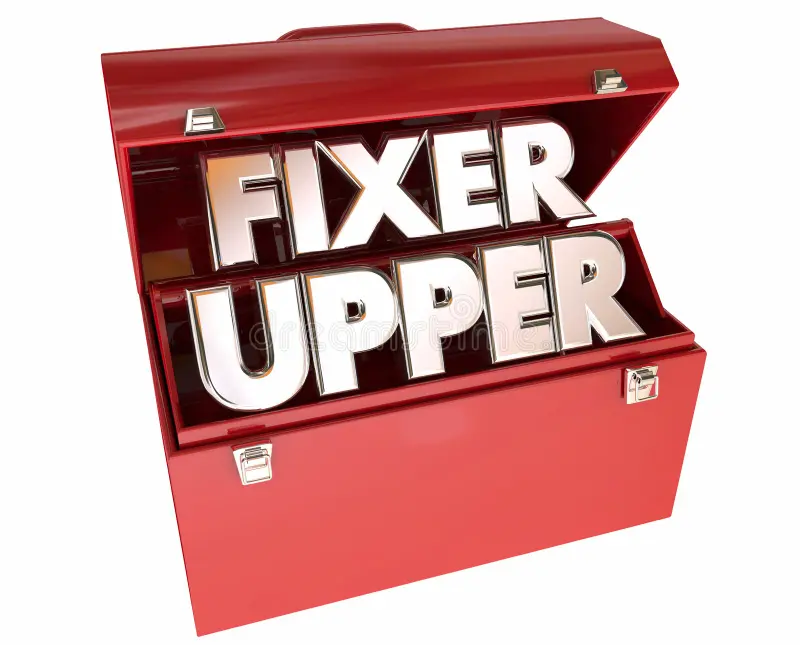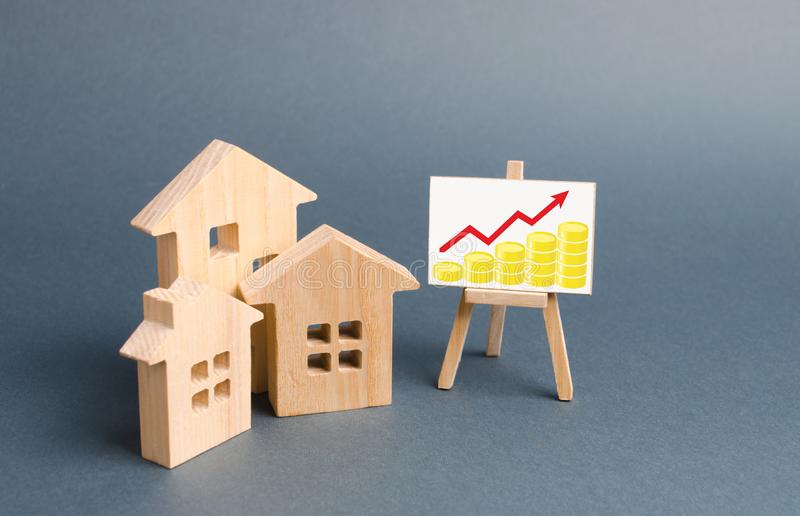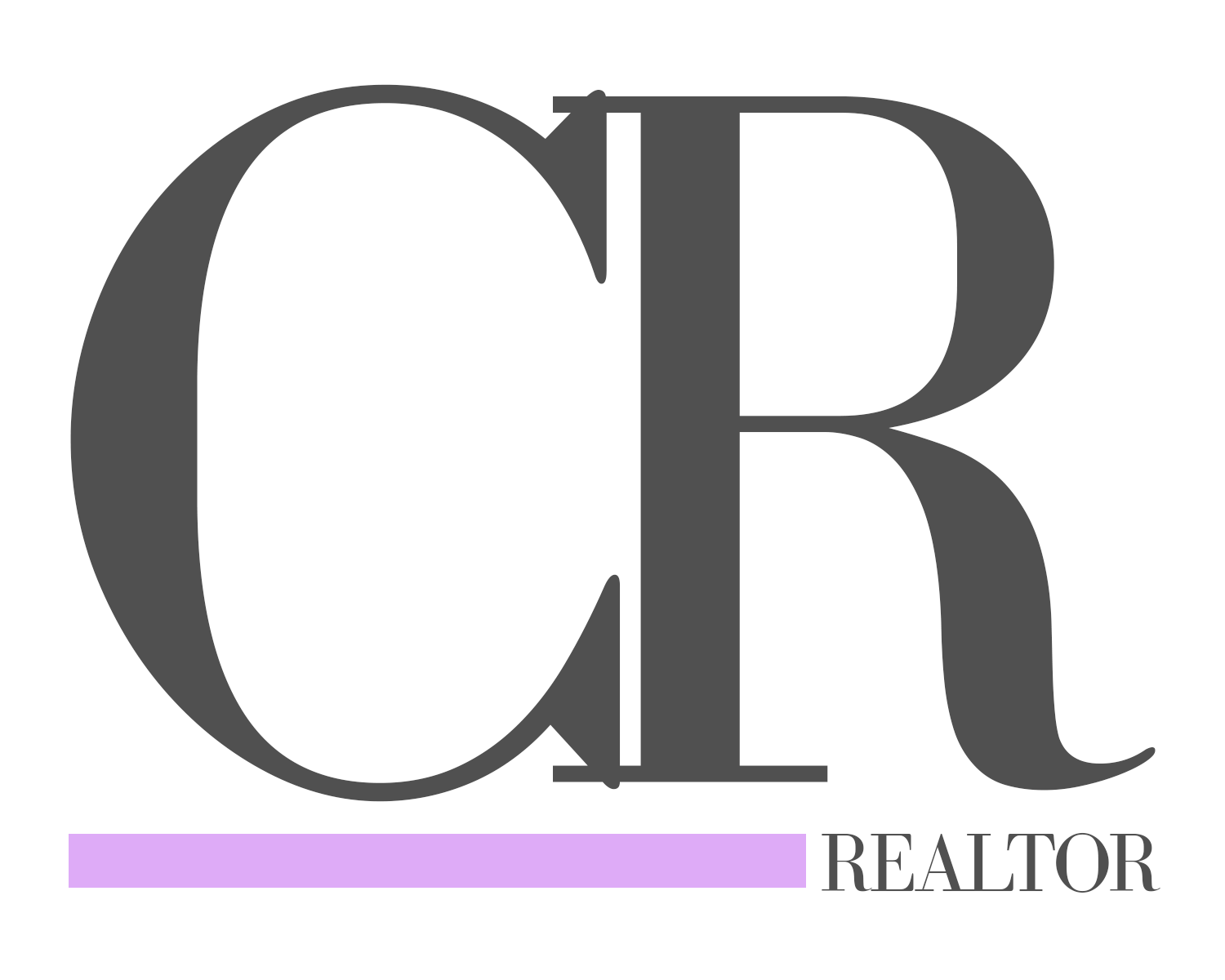When it comes to real estate, the term “fixer-upper” often elicits a mix of excitement and apprehension. These properties, though in need of some TLC, can offer a unique opportunity for both buyers and sellers. But is buying a fixer-upper worth the investment? In this blog, we’ll explore the ins and outs of selling a fixer-upper and help you decide if it’s the right path for you.

The Allure of Buying a Fixer-Upper
Affordability
One of the most significant advantages of buying a fixer-upper is the lower initial cost. These properties tend to be priced below market value due to their condition, making them an attractive option for first-time buyers or investors with limited capital.
Creative Freedom
Fixer-uppers provide a canvas for creativity. Buyers can customize the property to their specifications, from choosing paint colors to redesigning layouts. This level of customization is rare in move-in-ready homes.
Potential for Equity Gain
With the right renovations, a fixer-upper can quickly appreciate in value. This is especially true in up-and-coming neighborhoods or areas experiencing revitalization. Savvy investors often spot these opportunities to turn a tidy profit.

The Challenges Purchasing a Fixer-Upper
High Renovation Costs
While fixer-uppers may be affordable upfront, the costs of renovations can quickly add up. Especially when the repairs are outsourced to a contractor rather than tackled by the homeowners themselves. It’s crucial to thoroughly assess the necessary repairs and upgrades to avoid budget overruns.
Time Investment
Renovating a fixer-upper is a time-consuming endeavor. Buyers must be prepared for potential delays, unexpected issues, and the overall disruption of their daily lives during renovation.
Uncertain Returns
While the potential for equity gain in buying a fixer-upper is significant, it’s not guaranteed. Market conditions, location, and the quality of renovations all play a role in determining the final selling price.
Key Considerations
Conduct a Comprehensive Assessment
Before purchasing a fixer-upper, enlist the help of a qualified inspector or contractor to evaluate the property thoroughly. Identify structural issues, electrical or plumbing problems, and other hidden concerns that might impact your budget.
Create a Realistic Budget
Establish a detailed budget that accounts for both the purchase price and the estimated renovation costs. Leave room for unexpected expenses, which are almost inevitable in any renovation project. You may also want to decide if a rehab loan is worth using for a fixer-upper.
To find out what a rehab loan is, check out this article: https://sleeveuphomes.com/rehab-loan
Wondering if a 1031 tax-deferred exchange is right for you? Read this article to explore the process and benefits: https://chelsearowerealtor.com/what-is-a-1031-exchange/

Plan for Contingencies
Expect the unexpected. Anticipate delays, unforeseen issues, and additional costs that may arise during the renovation process. Having a contingency plan will help you navigate these challenges without derailing your project.
Understand Your Market
Research the local real estate market to understand the potential resale value of your renovated property. Consider factors like comparable sales, neighborhood trends, and buyer preferences. This is where a real estate agent can be of most help.
Is Buying a Fixer-Upper Worth It?
Buying a fixer-upper can be rewarding, but it’s not without its challenges. It requires careful planning, a realistic budget, and a willingness to invest time and effort. Ultimately, the decision to pursue a fixer-upper should align with your financial goals, risk tolerance, and vision for the property.
Remember, success in buying a fixer-upper comes from a combination of strategic decisions and sweat equity. If you’re up for the challenge, the rewards can be well worth the investment. Happy renovating!


Recent Comments